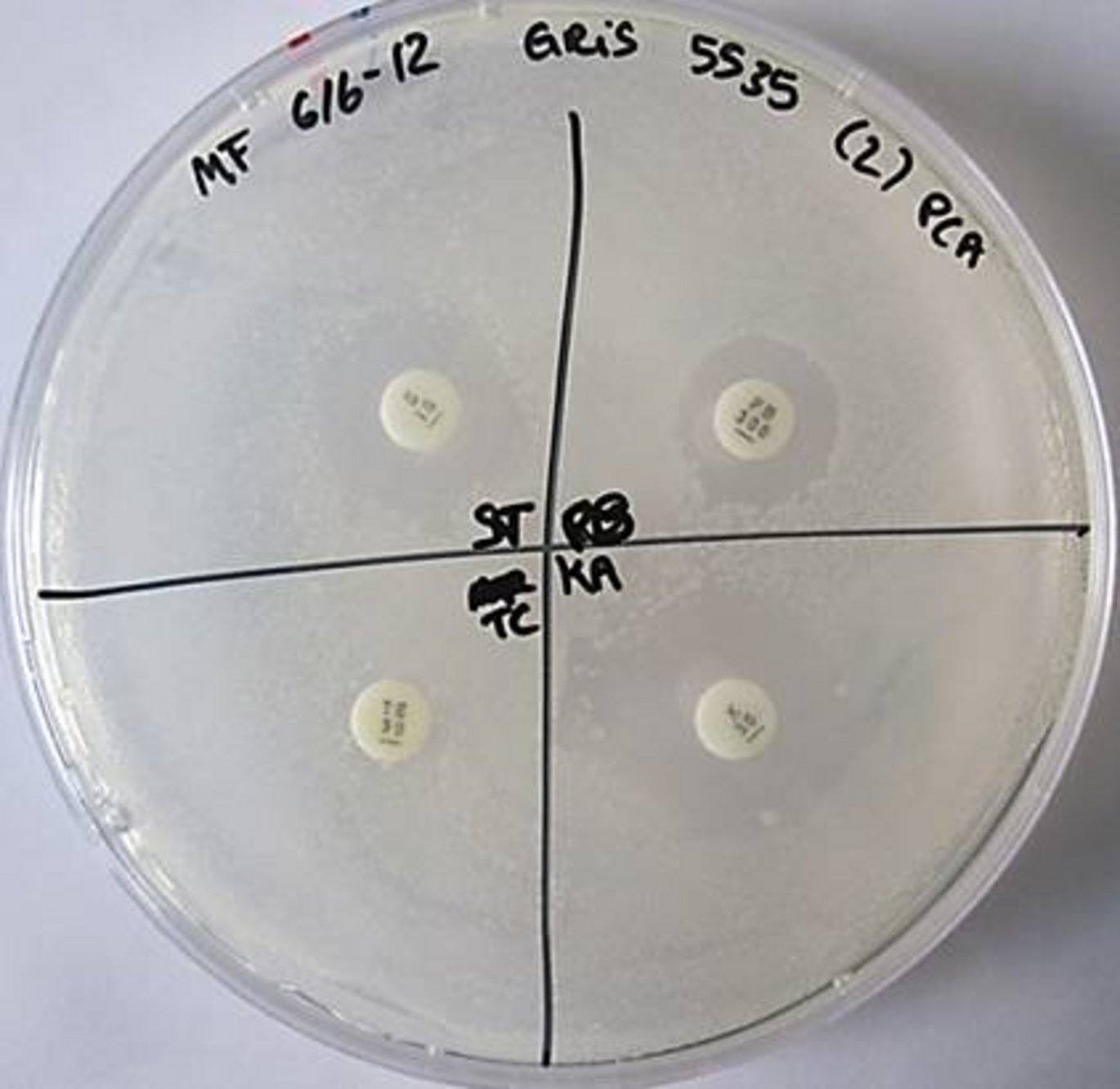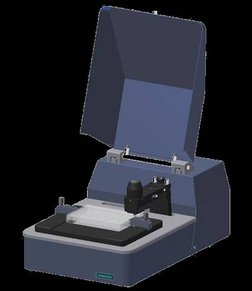A new strike against multi-resistant bacteria
The risk of developing multi-drug-resistant bacteria can be reduced by using a special device that can make a rapid determination of the resistance of a bacteria to antibiotics. This means that a more effective treatment can be given early on in the treatment.

The existence of bacteria that are resistant to a wide range of antibiotics is on the increase. These so-called multi-drug-resistant bacteria are a growing threat to the health for humans and animals everywhere, since for these infections current treatments no longer have an effect.
The frequent use of broad-spectrum antibiotics is the main reason for the development of resistance in bacteria. If greater use is made of narrow-spectrum antibiotics targeting only the specific bacterium rather than the shotgun approach, the spread of multi-drug-resistance is inhibited.
A new research project at Aarhus University can help solve this problem. In the project, scientists will develop a device that can make a quick analysis of bacteria and their resistance profile in urine and blood samples. The underlying technology uses a so-called "optical sectioning" principle to carry out a microscopic examination of the sample and has been developed and patented by the company Unisensor A/S who also participate in the project.
Using this device, the physician or veterinarian can in less than two hours get an answer on which type of antibiotic to use for the particular case. This means that the antibiotic treatment can be started much faster and is much more targeted.

- The device can be used in hospitals by medical practitioners and veterinarians. The project will allow for a much faster treatment of urinary tract infection and sepsis, it will minimise the use of broad-spectrum antibiotics, provide a more effective treatment with fewer side effects and a shorter course of treatment, and is ultimately likely to save lives, says industrial postdoc and project manager Marlene Fredborg from Aarhus University.
- Multi-drug-resistant bacteria are a growing global problem and therefore also on the agenda of the UN health organisation WHO, and with this tool we will be able to make a real difference, she says.
The project is funded by The Danish Advanced Technology Foundation and is a joint venture between Unisensor A/S, Aarhus University and Aalborg University.
Further information: Industrial postdoc Marlene Fredborg, Department of Animal Science, telephone: +45 8715 7812, email: Marlene.Fredborg@agrsci.dk
